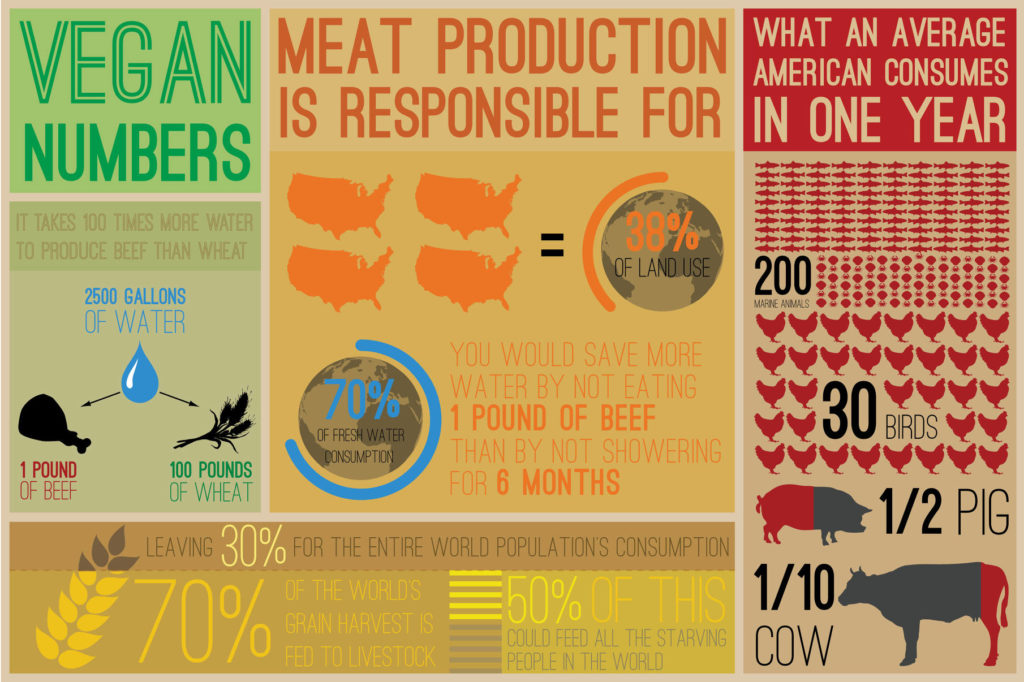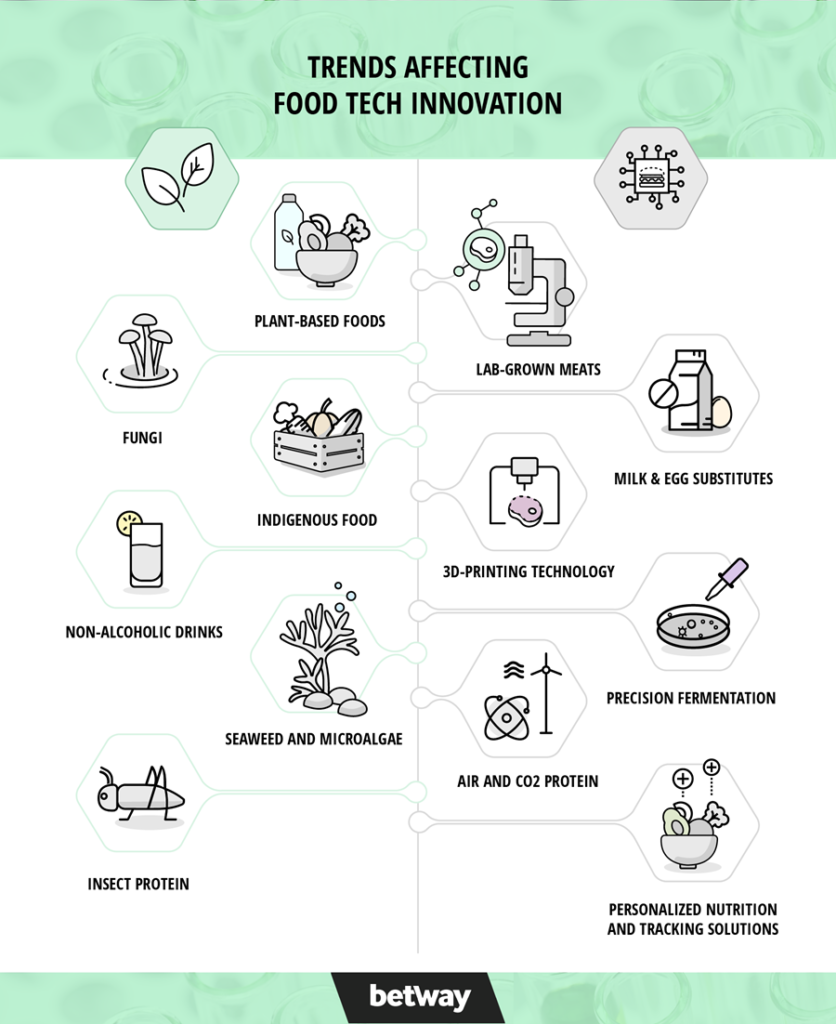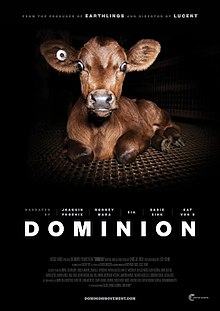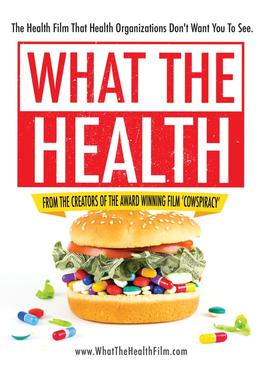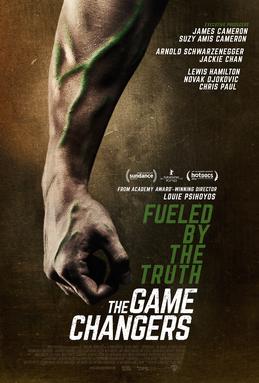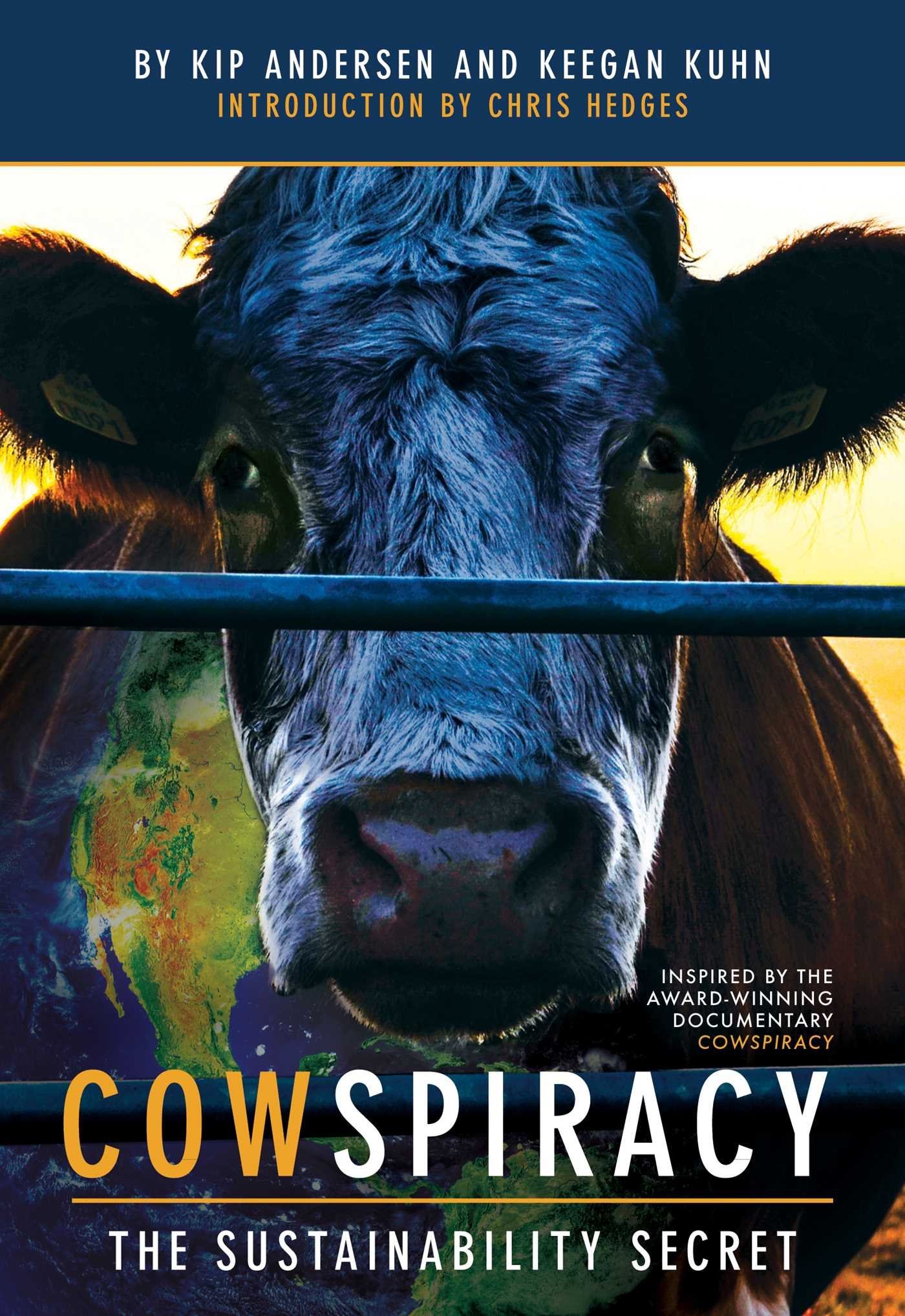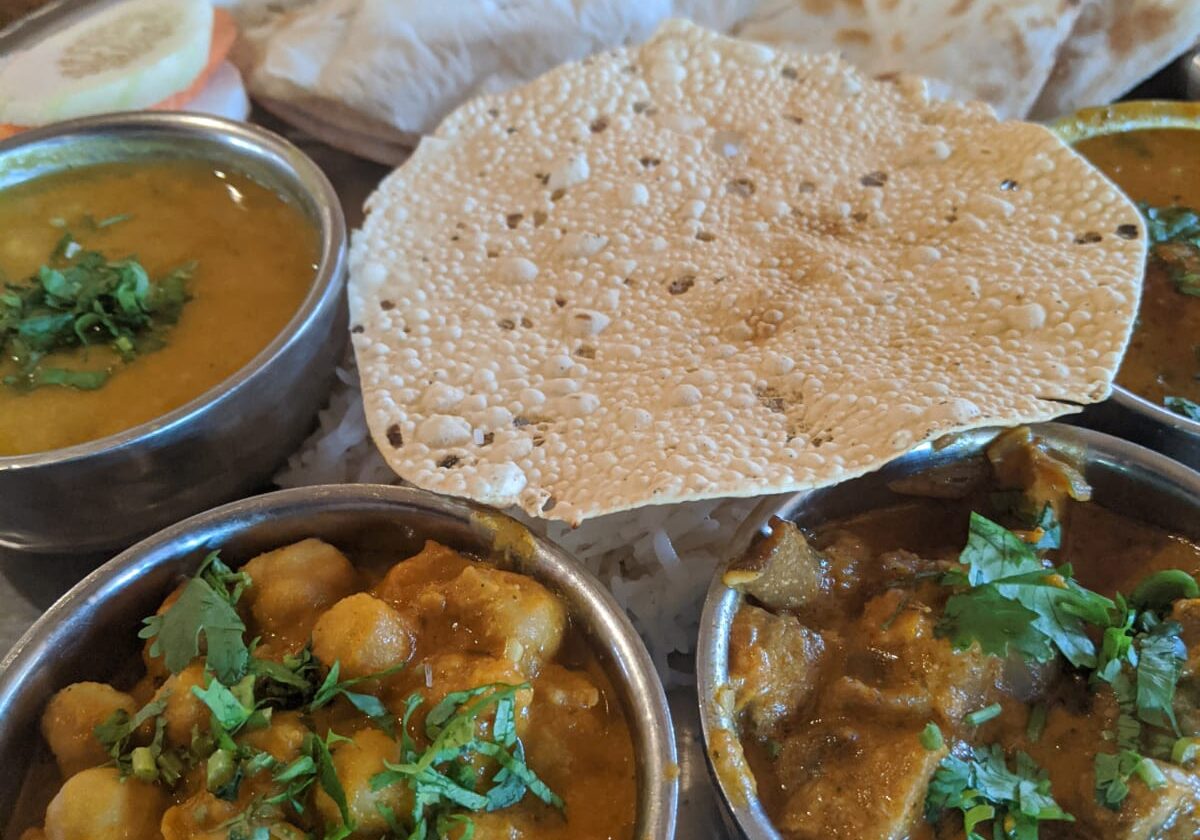What does it mean to be vegan?
Veganism is one of those terms that is often misunderstood. The Vegan Society summarizes veganism as:
"A way of living which seeks to exclude, as far as is possible and practicable, all forms of exploitation of, and cruelty to, animals for food, clothing or any other purpose."
This means vegans do not consume meat, dairy products, eggs, or honey. Nor do they willingly purchase or wear products that come from animal's suffering, like leather, fur, or animal-tested products.
It is a common misconception that veganism is a diet. While food plays a vital role in being vegan and offers many health benefits, the vegan movement is a lifestyle and stance against industries that profit from animal exploitation.
Ultimately, going vegan is a shift to align moral values with actions.
Why not vegetarian?
The dairy and egg industries exploit and cause as many, if not more, injustices to animals as the meat industries.
It's easy to see the cruelty in a steak, but less so with a glass of milk. However, as more animal activists expose the dairy and egg industries, more cruelty is being revealed.
The dairy industry has some of the cruelest standard practices in the world. For example, dairy cows are forcibly impregnated over and over again to ensure they keep producing milk. Once they give birth, their babies are removed from their mothers, so they do not drink their mother's milk. The male babies are sent to slaughter for "veal" and the female babies are raised into the same life as their mothers of forcible impregnation and the constant mourning of their babies.
Similarly, in the egg industry, male chicks are deemed useless to the egg industry and are ground up or gassed on their first day of life. This has been defended as a "necessary practice" by the egg industry.
3 key reasons to go vegan
1. For the animals:
Ethics usually plays a big role in people's decisions to go vegan.
An unfathomable 150 billion animals are murdered each year by humans.
Growing up most of us are fed similar narratives about an animal's purpose, and the need for humans to eat animals and their secretions. Most of us grow up believing:
- Cows produce milk naturally all the time
- Most farm animals spend their lives outdoors
- The government protects animals from cruelty
- Animals bred for food aren't intelligent
We know these are all untrue, yet these myths, and more, still exist widely within society. Going vegan is the strongest weapon you have against eliminating animal exploitation.
2. For your health:
*The information provided should not be used in place of professional medical advice. Please use the information and studies below as a guide to expand on your own research and understanding of your own individual health circumstances.
While meat and dairy have long been promoted as essential for good health, research actually suggests the opposite is true. In fact, meat, dairy, and eggs are linked to diabetes, cancers, heart disease, and strokes.
Studies show plant-based diets are, not only healthier for humans, but can reserve some of the world's most prevalent killers like diabetes and heart disease.
Doctors are using a vegan diet as a tool to treat and reverse type 2 diabetes and patients are seeing significant results within weeks of cutting out animal products.
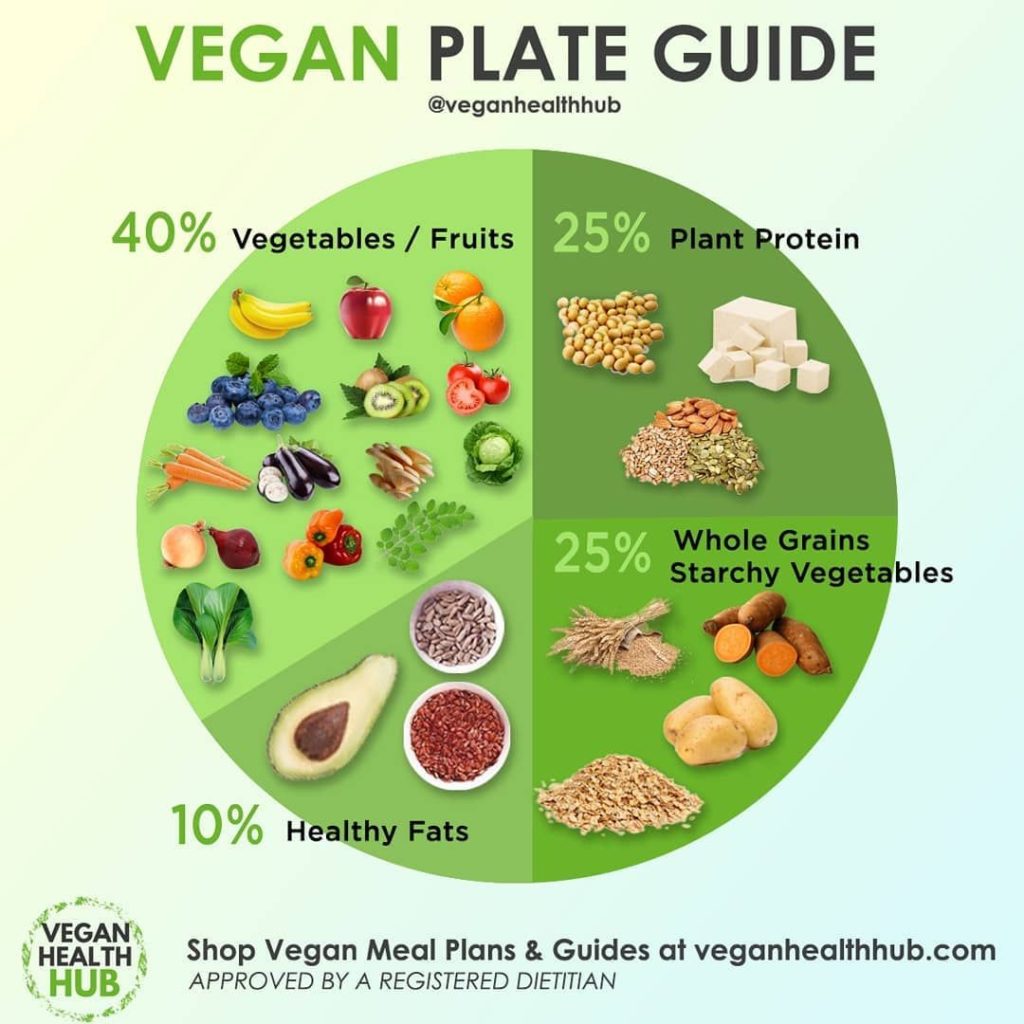
Deemed "healthy" by the animal agriculture industries, chicken meat actually increases the risk of heart disease. This is because chicken meat contains high levels of cholesterol (the same as beef) which clogs arteries, leading to heart complications. On top of that, studies found that 97% of tested chicken breasts were found to contain harmful bacteria.
Dairy products are one of the most common sources of saturated fat in a western diet. This leads to heart disease, diabetes, and even Alzheimer's. Links have also been made to breast, ovarian, and prostate cancer.
As children, we're told milk is needed for strong bones, but studies show opposite findings. Milk has yet to show any advantages when it comes to bone health, in fact to the contrary, a study concluded the more milk men drank as teenagers, the more bone fractures they experienced.
There is much public confusion about eggs when it comes to health benefits. As a protein sourced eggs are often touted as a health food, however, eating just one egg will exceed your recommended daily limit of cholesterol - in fact, one egg has the same cholesterol as a Big Mac burger. Since most eat multiple eggs at a time, they contribute to clogged arteries resulting in heart disease.
In fact, in a vegan world, the COVID-19 global pandemic would not have happened. Factory farming is a breeding ground for disease and puts humans at risk of future pandemics.
Want to learn more about veganism and health? Watch What the Health here or on Netflix.
3. For the Environment:
The choice to eat meat affects the entire planet.
While that might seem like a dramatic statement at first, it's shockingly true.
I've picked out some facts below, but find an extensive list of the environmental impacts created by animal agriculture here.
- Animal agriculture is responsible for 18% of the total release of greenhouse gases worldwide (more than all the world's transportation combined)
- Producing one hamburger is the equivalent of driving 20 miles.
- Almost half of all water used in the US goes to raising animals for food
- 30% of the earth's land is used for animal agriculture (and growing)
- The equivalent of 7 football fields of land is bulldozed every minute for animal agriculture
- Animal agriculture is responsible for up to 91% of the Amazon rainforest's destruction.
Reducing meat consumption has extraordinary benefits for the Planet. In fact, going vegan is the single best thing you can do for the Earth and its inhabitants - yes, that includes us!
You can calculate your impact of going vegan here.
What do vegans eat?
Transitioning to a vegan lifestyle has never been easier.
Nowadays, in most western countries, you can get vegan replacements for almost everything. Meat substitutes like Beyond Meat and Impossible Foods have created meats that fool even the most carnivorous among us.
There is vegan cheese that melts, egg replacements, and more plant-based milk options than you could imagine.
The days of vegan food meaning boring food are over. In fact, many vegans report an increased sense of taste return once vegan, where even a simple tomato can taste better than you'd ever tasted before.
Going vegan provides you with the opportunity to explore new foods and be conscious of everything you're putting into your body.
What about protein?
All protein originally comes from plants - even the protein from animal meat came from the plants they ate. The idea that animal protein is the only source of protein is a myth. Just ask all the professional vegan bodybuilders and athletes who don't have any protein intake issues.
What about essential vitamins?
You can get every vitamin you need on a vegan diet.
Vitamin B12 is the most difficult to get and is best supplemented.
There is a misconception that B12 comes from animal products. In fact, B12 comes from soil and dirt. Early humans got most of their vitamin B12 from drinking murky river water and not thoroughly cleaning vegetables.
B12 is also found in animal products. However, B12 is often supplemented to farmed animals, and even animal eaters are often found to be low in B12.
Whether vegan or not, supplementing is the best way to get your B12.
The Outlook for Veganism
The truth is, the world is trending toward a vegan world and could be almost completely vegan by 2050. Trends reveal increased climate change consciousness, extreme rates of population growth, and higher levels of obesity. These factors, combined with technological advances in food are all contributing to plant-based being rapidly accepted.
The main reasons pointing to a vegan world by 2050 are:
- The need to feed a growing population
- Tackling the world's obesity crisis
- Emerging trends in food tech
- The inefficiency of animal agriculture
- The rise of lab-grown meat
How can you go vegan today?
It's important to remember that almost every vegan wasn't always vegan to start with. We have all had to transition, and it can be a challenging concept for some. We don't all get there the same way, and cultural pressure, family, friends, and location all factor into our individual journey to veganism. It doesn't matter how you get there, as long as you get there.
There are a lot of new vegan subscription services offering delicious vegan meals and snacks delivered to your door. See our full list of vegan subscription services here.
3 common ways to transition to vegan:
1. The 'all-in' transition
This is when you decide in a pivotal moment you will no longer participate in animal exploitation.
2. The 'easy-going' transition
This is a common transition where you move to a vegetarian diet, before making the final step to going vegan.
3. The 'cautious' transition
For some, it helps to eliminate animal products one at a time. This could mean, you stop eating red meat for 2 weeks, and then slowly add to it until you're 100% vegan.
The absolute best way to go vegan is to educate yourself. There is so much information online nowadays that can support you to become vegan. If you're struggling with transitioning and need help, feel free to reach out to me at hello@roamingvegans.com and we'll be more than happy to help.

